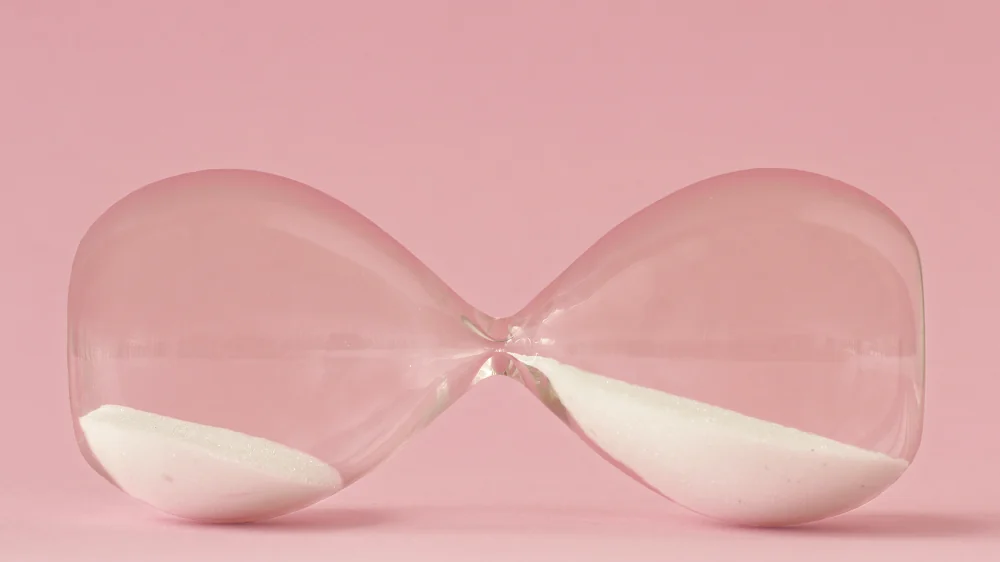In a paper published in Frontiers in Endocrinology, researchers have shown that transplanted young ovarian tissue improves the immune function of old recipient mice even if they are hormone-depleted [1].
Not just a reproductive matter
Although women generally live longer than men, women spend almost half of their lives in poorer health due to reproductive decline, which starts when women are in their 30s and culminates in menopause, i.e. ovarian failure, at roughly 50 years of age.
Menopause is associated with increased frailty and risks of developing various diseases, including osteoporosis and cardiovascular diseases. Moreover, premature ovarian failure, prior to 40 years of age, increases mortality rates.
Given that early menopause predicts shorter life expectancy [2], therapeutics aimed at slowing down or reversing reproductive aging are urgently needed. Fortunately, biotech startups eager to tackle this issue are emerging.
Currently, hormone replacement therapy, which consists mostly of estrogen, is the main menopause management option, but the outcomes depend greatly on several factors, including when it is initiated [3]. It seems that the reduced hormone levels observed in menopause are just half of the story.
Indeed, targeting the hallmarks of aging instead of manipulating sex hormone levels has already proved to be effective for reversing ovarian aging in mice. Similarly, in this paper, the researchers show that the physiological benefits observed in post-reproductive mice that receive young ovary transplants are estradiol-independent.
Immunity and ovaries
The researchers focused on the association between immunosenescence, particularly the decline of naïve T-cells, and reproductive failure in mice.
With aging, the number of naïve T-cells, which respond to new pathogens, declines, while the number of memory T-cells increases. As a result, the immune system cannot respond adequately to novel bacteria and viruses.
There is some experimental evidence regarding a connection between ovaries and immune function in mice: surgically removing ovaries leads to pathological changes in glands that are crucial for the normal functioning of the immune system.
In this paper, the researchers summarized their findings on transplanting ovaries from young, 60-day-old mice to old, post-reproductive mice. They show that the treatment reversed naïve T-cell decline and improved several health parameters. Interestingly, the treatment did not affect the thymus, suggesting that other beneficial factors are at play.
An unexpected turn
The assumption was that the transplanted young ovaries rejuvenate old mice because of their ability to increase estrogen levels. To confirm this, the researchers depleted young ovaries of hormones and then transplanted those ovaries into the old mice.
Surprisingly, the recipient mice demonstrated even better recovery of naïve T-cells compared to old mice that received fully functional young ovaries. Moreover, a similar effect was observed when the researchers transplanted only somatic cells isolated from young ovaries into the ovaries of post-reproductive mice.
The researchers then measured estradiol levels in mice transplanted with young ovaries, mice transplanted with hormone-depleted young ovaries, mice transplanted with isolated young ovarian somatic cells, and age-matched controls. Estradiol levels were low in all of these groups.
Therefore, exposing post-reproductive mice to young ovarian tissue is enough to improve their T-cell function. This suggests that the restoration of immune function depends on ovarian-dependent factors other than estradiol levels.
Abstract excerpt
Apparently, the influence of ovarian function on immune function may be an indirect effect, likely moderated by other physiological functions. Estradiol is significantly reduced in post-reproductive females, but was not increased in post-reproductive females that received new ovaries, suggesting an estradiol-independent, but ovarian-dependent influence on immune function. Further evidence for an estradiol-independent influence includes the restoration of immune function through the transplantation of young ovaries depleted of follicles and through the injection of isolated ovarian somatic cells into the senescent ovaries of old mice.
Conclusion
This research, although done in mice, provides a hint as to why hormone replacement therapy alone is not enough to rejuvenate the reproductive system of females. It opens up a venue to explore estradiol-independent factors that could be effective at postponing or reversing reproductive failure first in animal models, and, finally, in women.
Literature
[1] King TL, Bryner BS, Underwood KB, Walters MR, Zimmerman SM, Johnson NK et al. Estradiol-independent restoration of T-cell function in post-reproductive females. Front Endocrinol 2023; 14: 1066356.
[2] Asllanaj E, Bano A, Glisic M, Jaspers L, Ikram MA, Laven JSE et al. Age at natural menopause and life expectancy with and without type 2 diabetes. Menopause 2019; 26: 387–394.
[3] Flores VA, Pal L, Manson JE. Hormone Therapy in Menopause: Concepts, Controversies, and Approach to Treatment. Endocr Rev 2021; 42: 720–752.




